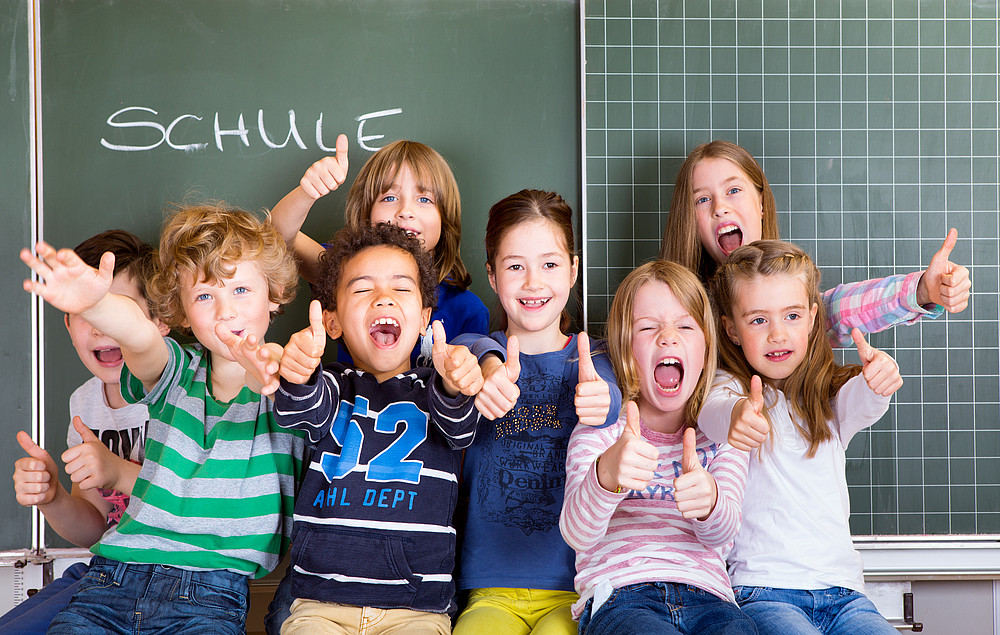(Un)divided classes?
The relationship between social interaction and second language acquisition of children in linguistically heterogeneous primary school classes
Mastery of German plays a key role in school success, not only as the language of instruction, but also as the language in which social interaction between multilingual children takes place. Social interaction with competent speakers of the target language can therefore be seen as a valuable resource for second language acquisition. To date, however, there has been a lack of empirical findings that demonstrate the effectiveness of social interaction for second language acquisition. The aim of this research project is to investigate whether there is a connection between social networks and second language acquisition in German by children at primary level (2nd grade). To this end, the friendships in the classroom and the German language level of all children will be examined over the course of a school year.
The project is being carried out by the GEWI didactics center in close cooperation with the Institute of Psychology. Other cooperation partners are the Institute of Educational Sciences, the University Colleges of Teacher Education in Styria and Upper Austria and the Mercator Institute for Language Support & German as a Second Language at the University of Cologne.
(running period: 2018-2020)
Funding body: Province of Styria
Team: Schmölzer-Eibinger, Sabine, Univ.-Prof., Katja Corcoran, Univ.-Prof., Bora Bushati, Dr., Lisa Niederdorfer, MA, Gayannée Kedia, PhD
